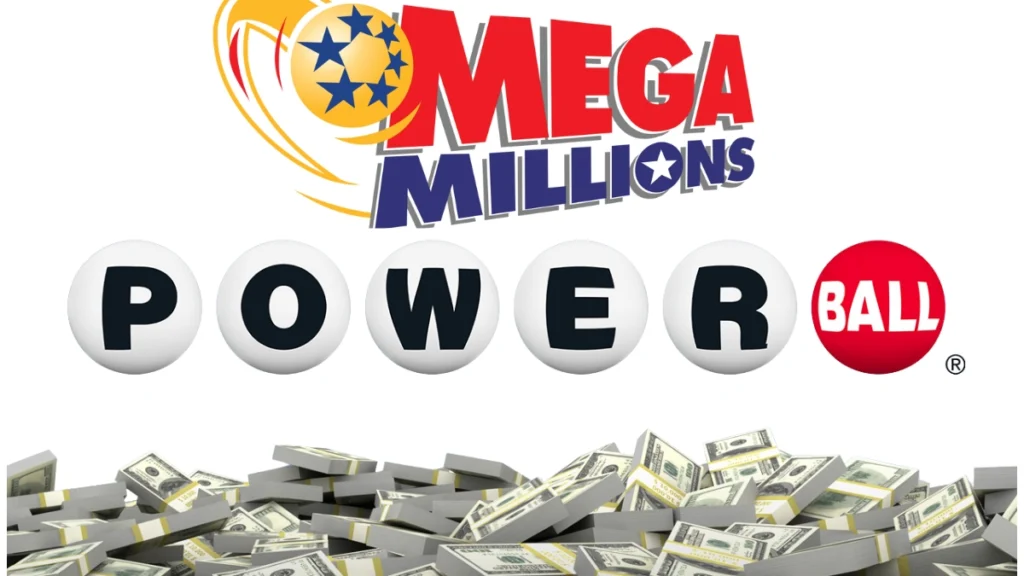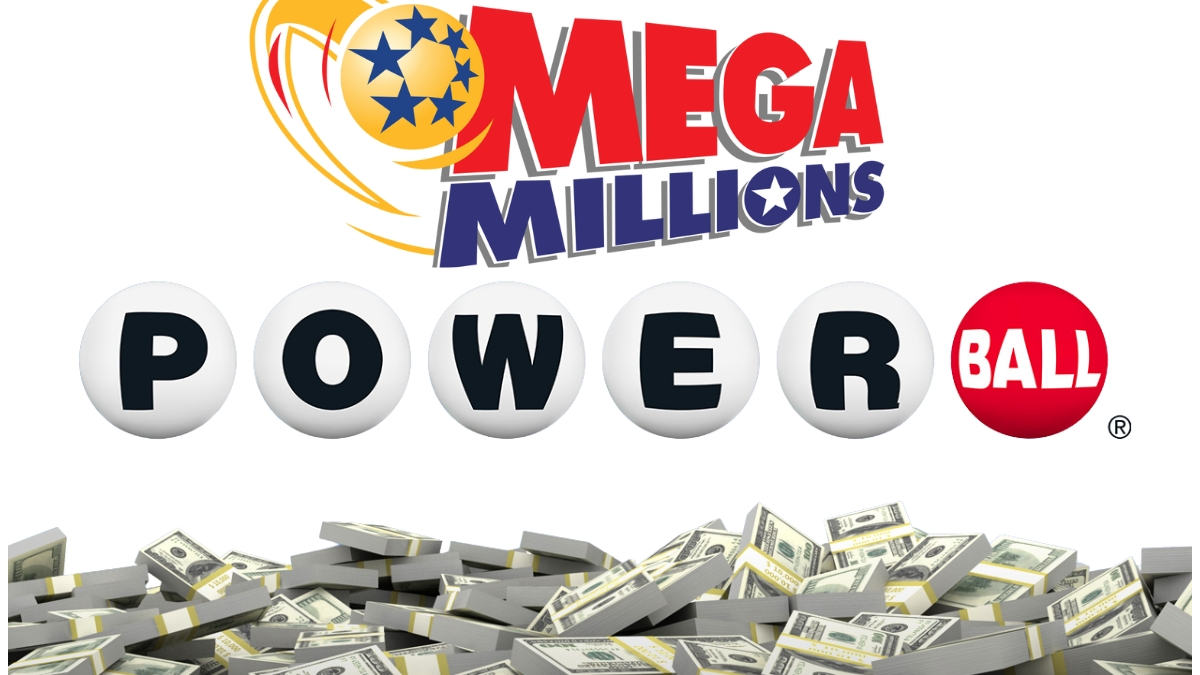
When it comes to the USA Lottery, two names stand out above the rest—Powerball and Mega Millions. These multi-state lotteries offer record-breaking jackpots and national excitement. While they may appear similar on the surface, there are several key differences that set them apart. Understanding these differences is essential for anyone who wants to play smarter and increase their chances of winning.
In this guide, we explore everything from ticket prices, odds, draw days, prize tiers, and jackpots to unique features of both Powerball and Mega Millions.
Overview of Powerball and Mega Millions
Powerball and Mega Millions are the two most popular multi-state lottery games in the United States. Both are available in 45 states, plus Washington, D.C., and U.S. territories such as the Virgin Islands.
They both offer:
- Massive starting jackpots
- National draws
- Optional prize multipliers
- Several prize tiers
However, key structural and gameplay differences exist.
Ticket Price Comparison
| Game | Ticket Price | Multiplier Add-on | Total with Multiplier |
|---|---|---|---|
| Powerball | $2 | Power Play: $1 | $3 |
| Mega Millions | $2 | Megaplier: $1 | $3 |
Both games cost $2 per play. Players can choose to add a multiplier option for $1 extra, allowing non-jackpot prizes to grow significantly.
Draw Schedule
| Game | Draw Days | Time (ET) |
|---|---|---|
| Powerball | Monday, Wednesday, Saturday | 10:59 PM |
| Mega Millions | Tuesday, Friday | 11:00 PM |
Powerball gives players three chances per week to win, while Mega Millions has two weekly draws. The additional Powerball draw on Mondays gives players more frequent opportunities.
Number Selection and Game Format
Powerball
- 5 white balls from 1 to 69
- 1 red Powerball from 1 to 26
Mega Millions
- 5 white balls from 1 to 70
- 1 yellow Mega Ball from 1 to 25
Though similar, the number pool sizes are slightly different, which affects the odds of winning and the game dynamics.
Odds of Winning
| Prize Level | Powerball Odds | Mega Millions Odds |
|---|---|---|
| Jackpot | 1 in 292,201,338 | 1 in 302,575,350 |
| Any Prize | 1 in 24.9 | 1 in 24 |
While both games are long shots, Mega Millions has slightly tougher odds of winning the jackpot. However, the overall odds of winning any prize are fairly close.
Jackpot and Prize Structure
Powerball
- Starting Jackpot: $20 million (annuity)
- Increases by at least $2 million per draw if no winner
- Option for lump sum or 30-year annuity
Mega Millions
- Starting Jackpot: $20 million (annuity)
- Grows based on ticket sales and interest rates
- Option for lump sum or 30-year annuity
Jackpots for both games are similar in structure, but each game’s growth rate may differ depending on ticket sales and market factors.
Non-Jackpot Prize Tiers
Each game offers 9 prize levels. Here’s how the mid-tier prizes compare:
| Match | Powerball Prize | Mega Millions Prize |
|---|---|---|
| 5 + 0 (no jackpot) | $1 million | $1 million |
| 4 + 1 | $50,000 | $10,000 |
| 3 + 1 | $100 | $200 |
| 3 + 0 | $7 | $10 |
Powerball generally offers higher fixed prizes at mid-level matches. However, Mega Millions sometimes provides better lower-tier payouts, especially when using the Megaplier.
Multiplier Features: Power Play vs. Megaplier
Power Play (Powerball)
- Multiplies non-jackpot winnings by 2x, 3x, 4x, 5x, or 10x
- The 10x multiplier is available only when jackpot is under $150 million
- $1 million second prize is capped at $2 million
Megaplier (Mega Millions)
- Multiplies non-jackpot prizes by 2x, 3x, 4x, or 5x
- Always available regardless of jackpot size
- Second prize can go up to $5 million
Mega Millions has a slight edge in multiplier value at the $1 million prize level, but Powerball allows higher multipliers under certain conditions.
Availability and Online Play
Both lotteries are widely available across the U.S. and offer official sales through authorized retailers. Online ticket purchase is permitted in select states:
- Jackpocket: Licensed in states like NY, TX, and CA
- Lottery.com and TheLotter: Allow access depending on regulations
Always ensure you’re using verified and legal platforms to play online. Each lottery’s official website offers details about play options in your state.
Claiming Prizes and Taxes
Winning amounts under $600 can typically be claimed at local retailers. Larger prizes require state lottery office claims and come with:
- Federal withholding: 24%
- State taxes: Varies by state (0% in FL, TN / 8%+ in NY, CA)
Both games offer a lump sum or annuity payout. Choose wisely based on tax implications and financial goals.
Which Game Should You Play?
| Factor | Best Choice |
|---|---|
| Better overall odds | Mega Millions |
| Higher multiplier cap | Powerball |
| Bigger second-tier prize | Mega Millions |
| More frequent draws | Powerball |
| Easier number range | Powerball |
Your decision depends on what matters most: higher non-jackpot prizes, better odds, or more draws per week. Some players even choose to play both games to maximize their chances.
Historic Jackpots
Powerball
- $2.04 billion – California, 2022 (Largest ever)
- $1.586 billion – Shared by 3 winners in 2016
Mega Millions
- $1.537 billion – South Carolina, 2018 (Largest single-ticket win)
- $1.35 billion – Maine, 2023
Both lotteries have made millionaires and billionaires, earning global attention with each record-breaking draw.
Powerball vs. Mega Millions – Which Is Better?
Powerball and Mega Millions are both excellent choices, offering the thrill of massive jackpots and millions in prizes. If you want more frequent draws and slightly better odds, Powerball may be your game. If you’re aiming for massive second-tier prizes and better multiplier outcomes, Mega Millions might be the way to go.
No matter your choice, always play responsibly, set a budget, and never spend more than you can afford to lose.
